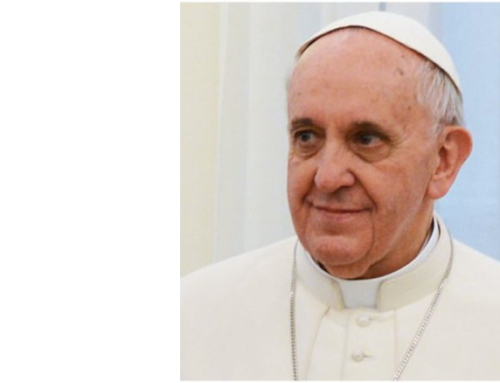The United States Conference of Catholic Bishops (USCCB) will meet in Washington, November 11-14, to vote on the revised sex abuse norms as written by the mixed U.S.-Vatican commission. Commenting on the changes is league president William Donohue:
“Francis Cardinal George, who was one of four panel members from the U.S. who drafted the revisions, has said that the new norms are ‘fairer overall.’ Having read both the Dallas norms and the new ones, I can honestly say that no reasonable person would disagree with that assessment. Cardinal George, Archbishop William Levada, Bishop Thomas Doran and Bishop William Lori, along with the Vatican contingent, did a magnificent job. Bishop Wilton Gregory, who heads the USCCB, also deserves great praise.
“In many respects, the new norms are stronger than the Dallas ones. First of all, they apply to all priests: the Dallas charter applied only to diocesan priests, leaving religious order priests—fully a third of the clergy—exempt from coverage. Second, the new norms explicitly say that when ‘even a single act of sexual abuse’ is either admitted or established, the ‘priest or deacon will be removed permanently from ecclesiastical ministry, not excluding dismissal from the clerical state, if the case warrants.’ This is a no-nonsense approach. So is the new emphasis on putting an end to the practice of transferring a guilty priest to another parish for ministerial assignment: it is specifically prohibited.
“Some are carping that the statute of limitations in the new norms are unfair. But the standard—10 years past the age of 18—exceeds the time-line as conventionally understood by civil law. Others are complaining that there will be a preliminary investigation before steps are taken to relieve an accused priest of his ministry. That’s right—even priests have due process rights—so get used to it. As for the role of the laity, their role is advisory—not in Church governance.
“The Catholic League looks forward to defending the new norms and debating the issue with its critics.”






